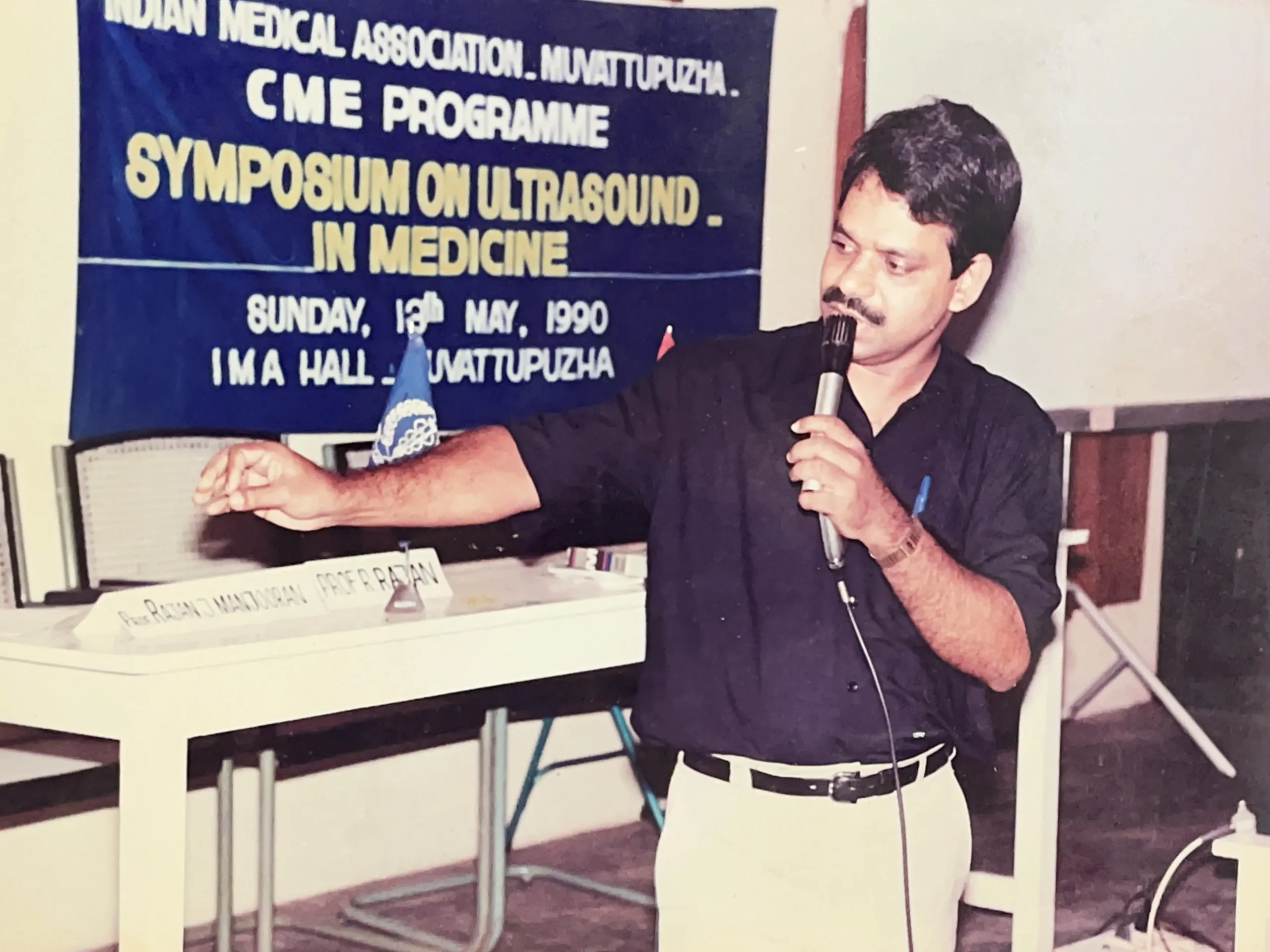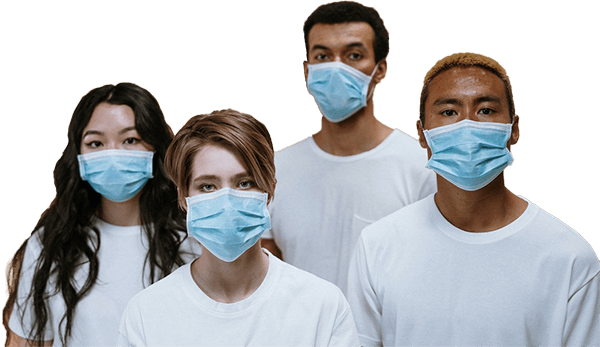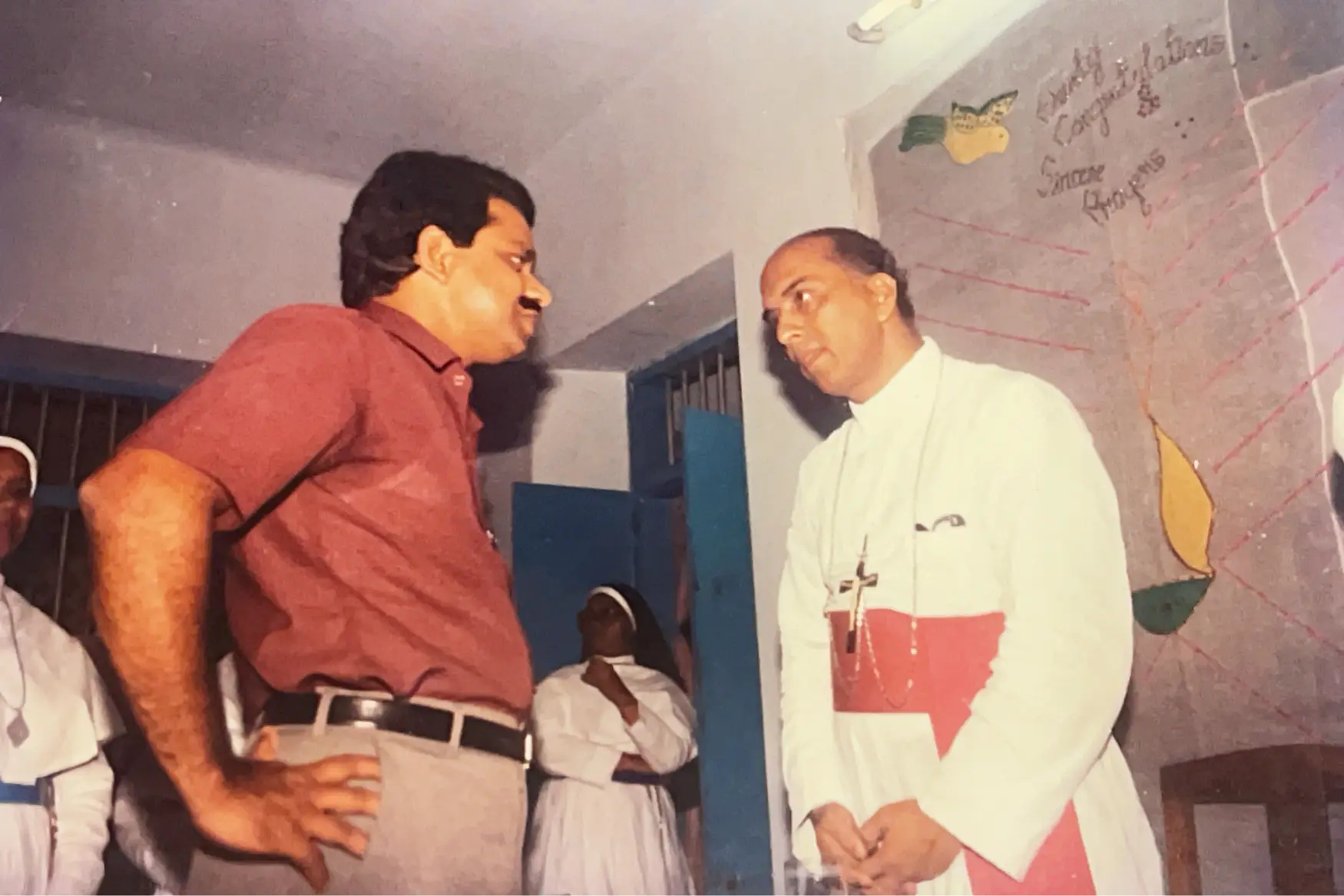
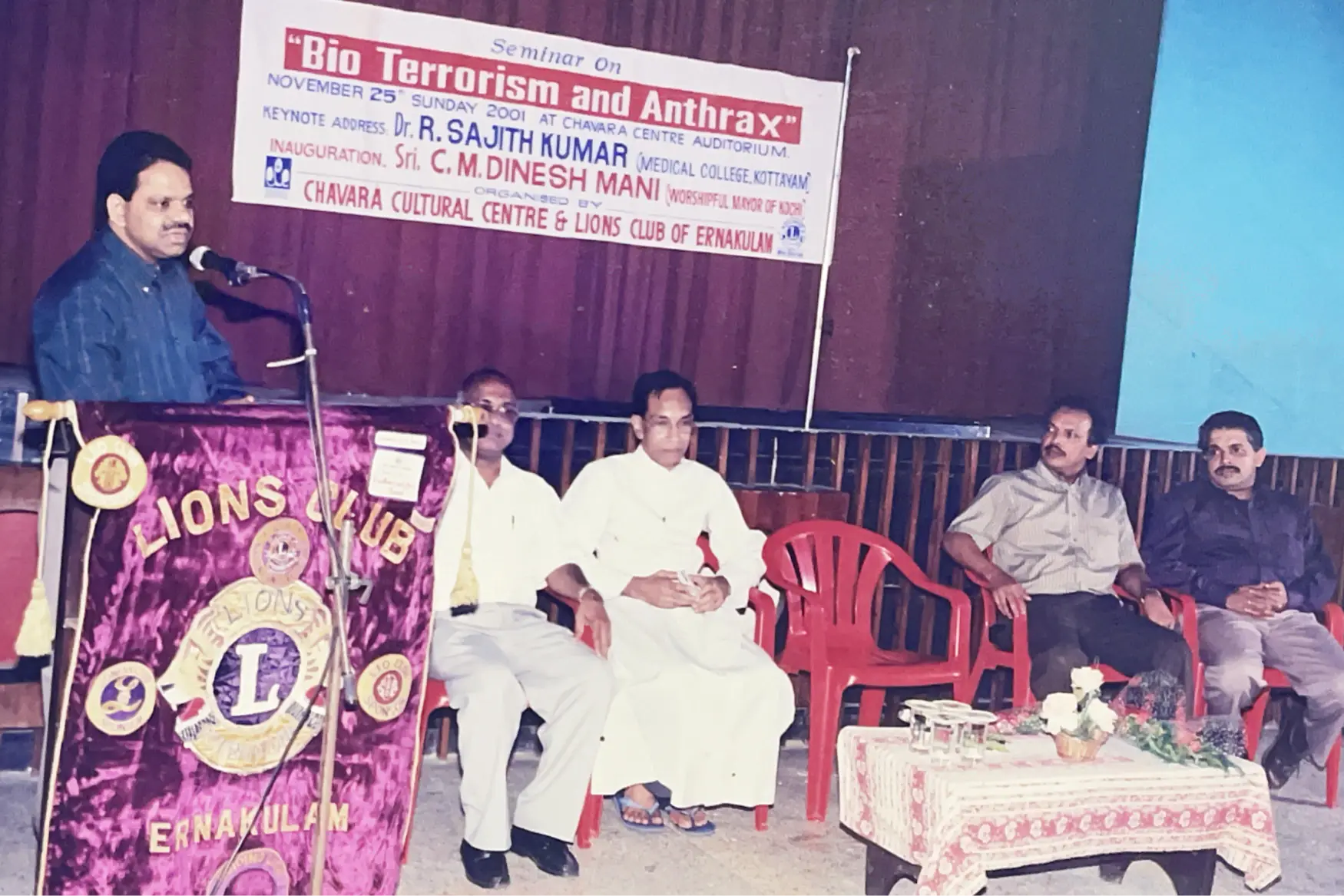
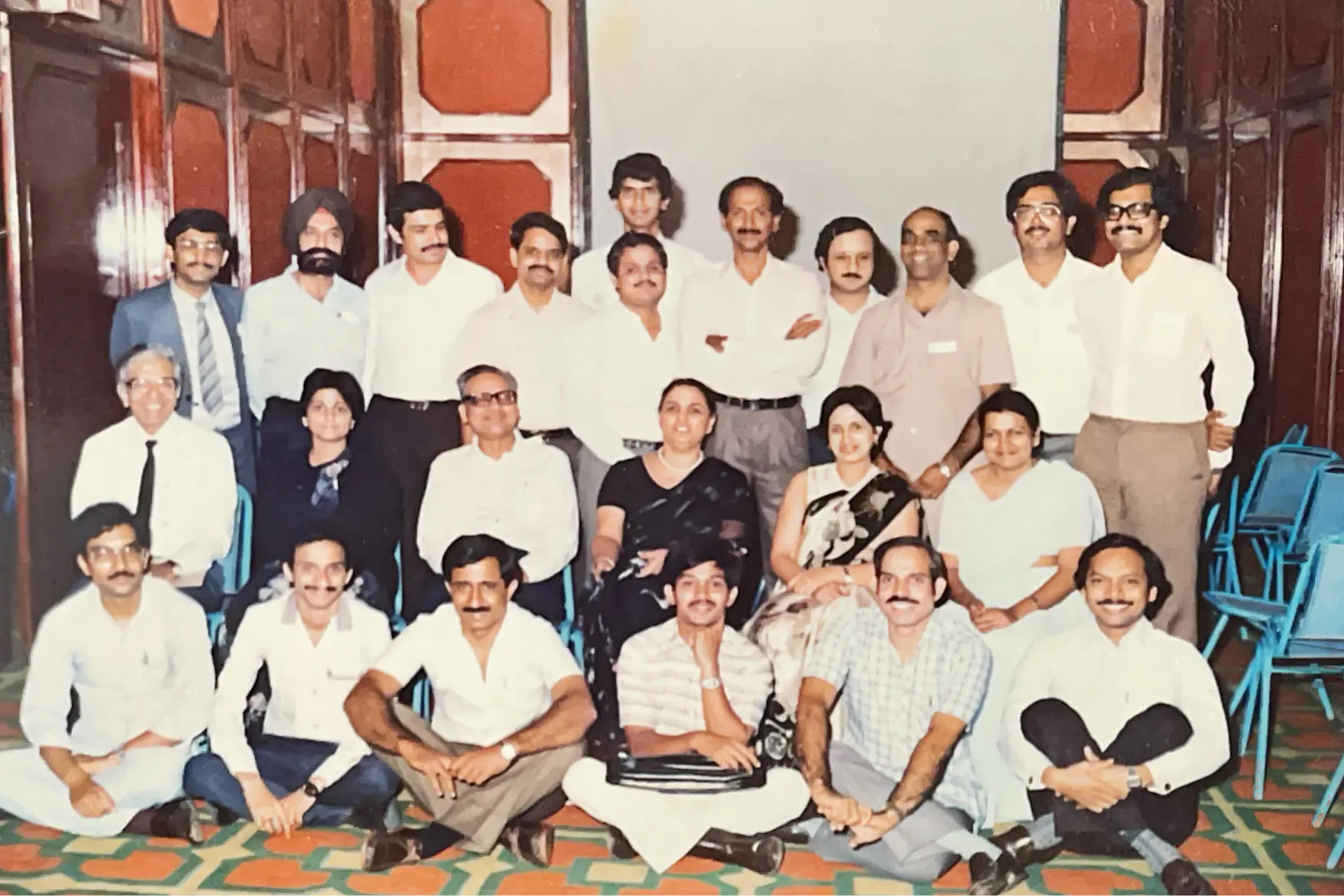
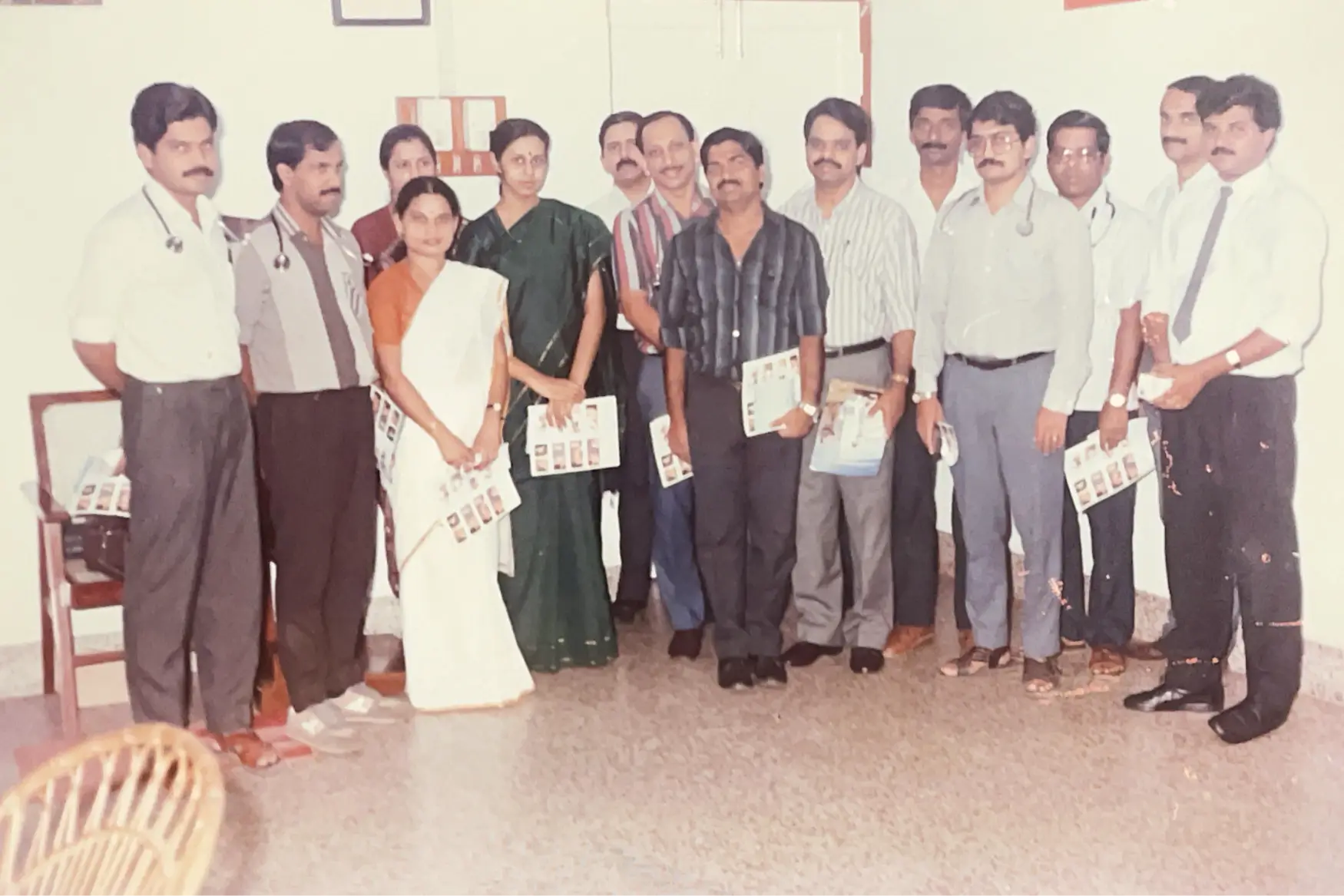
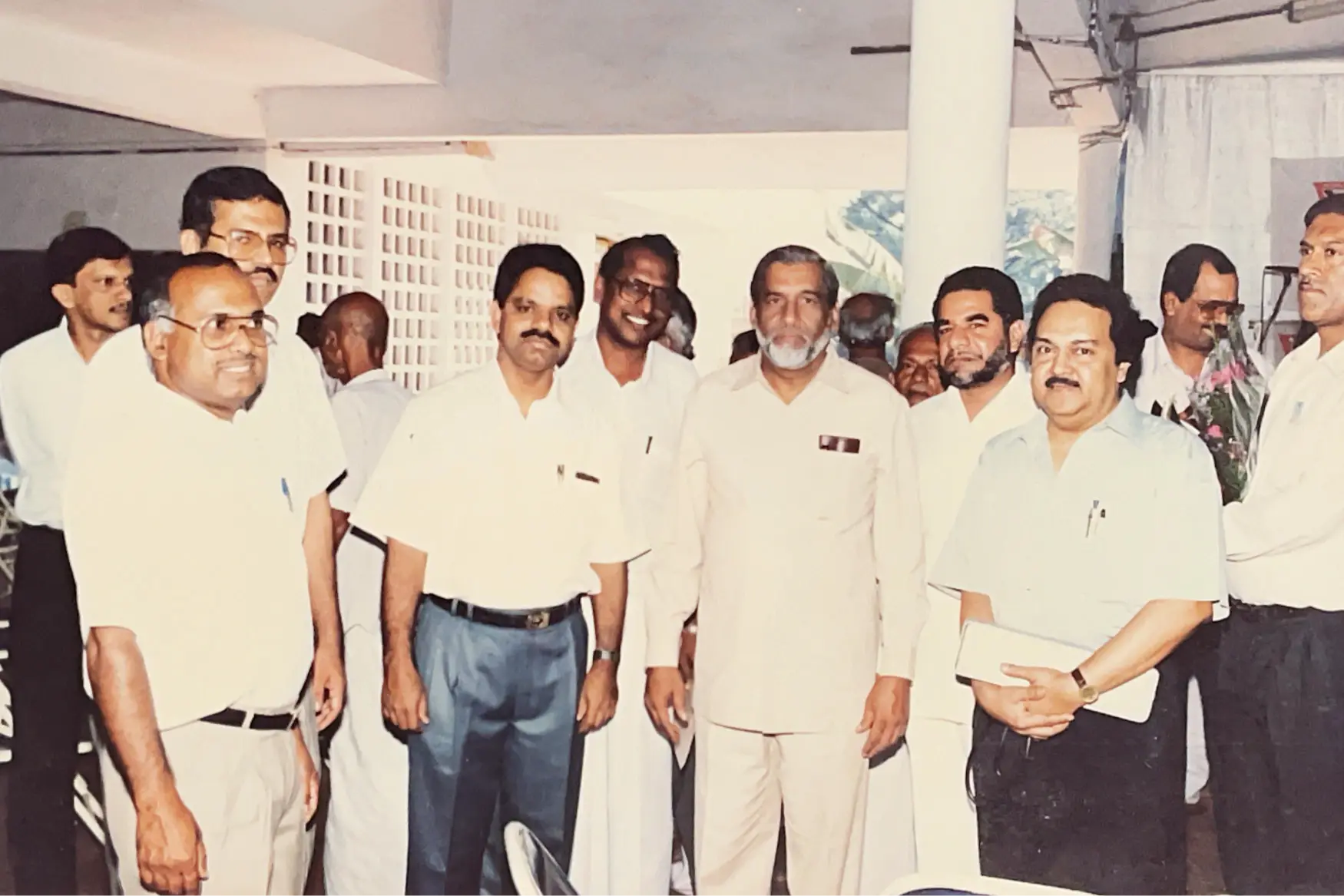
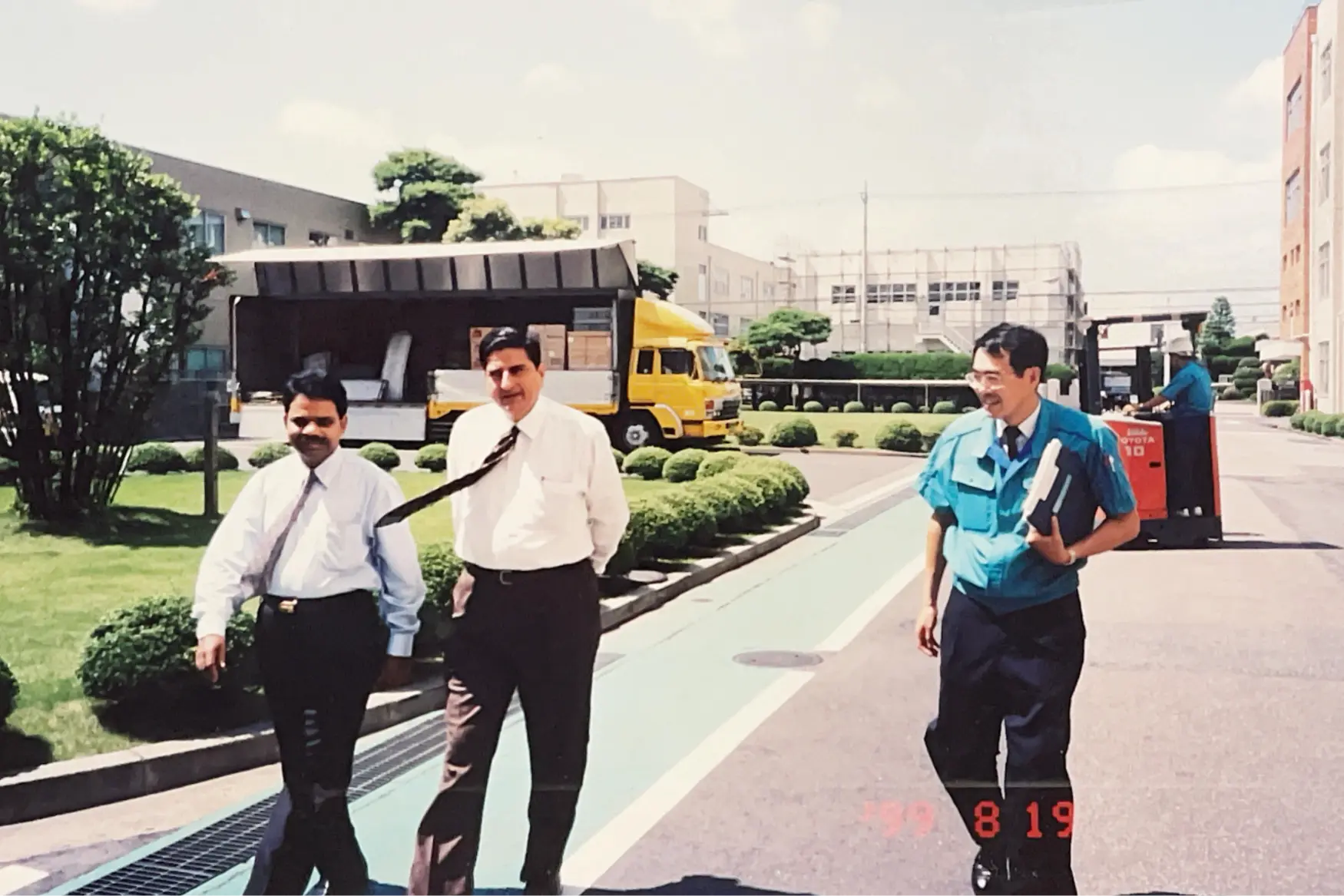
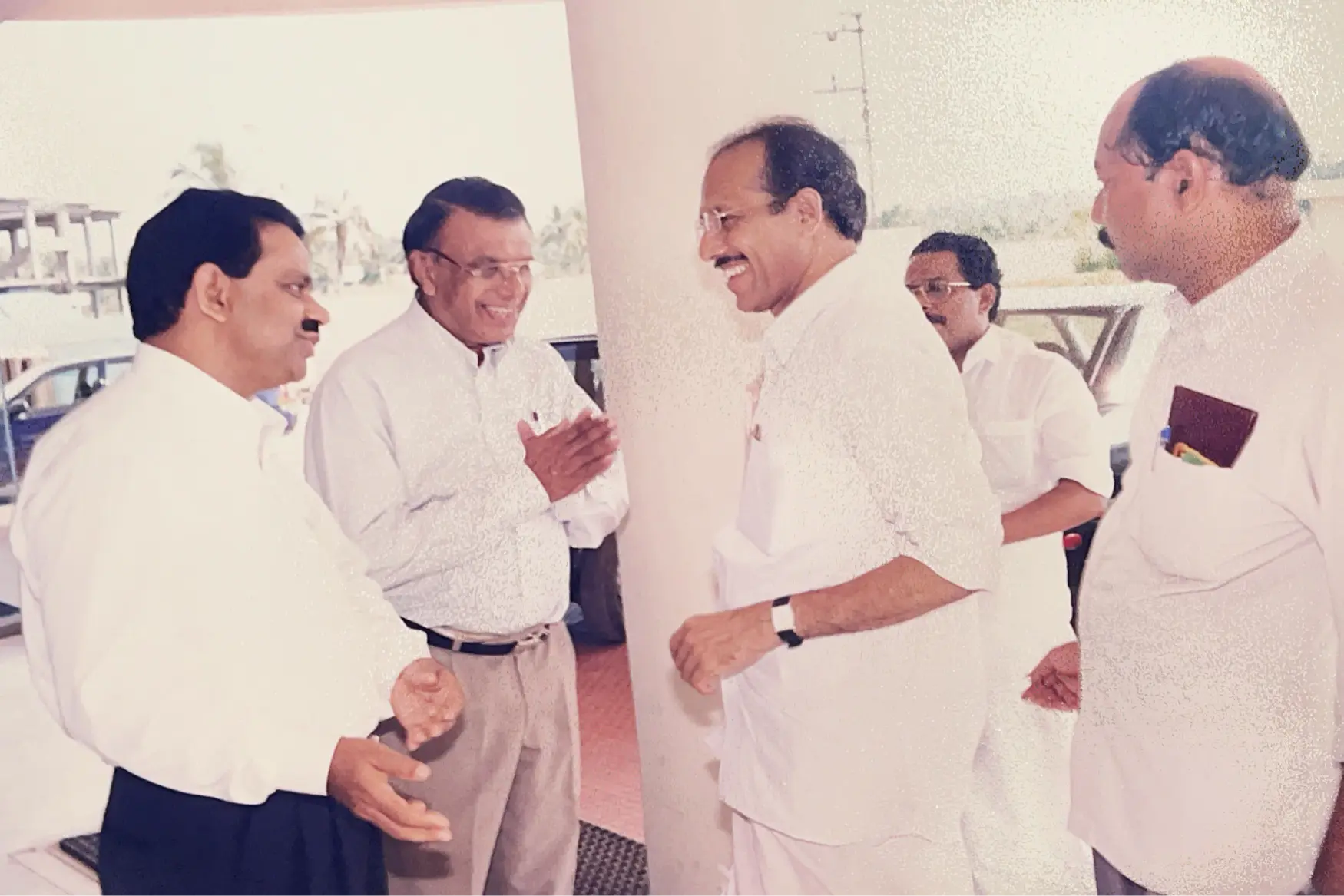
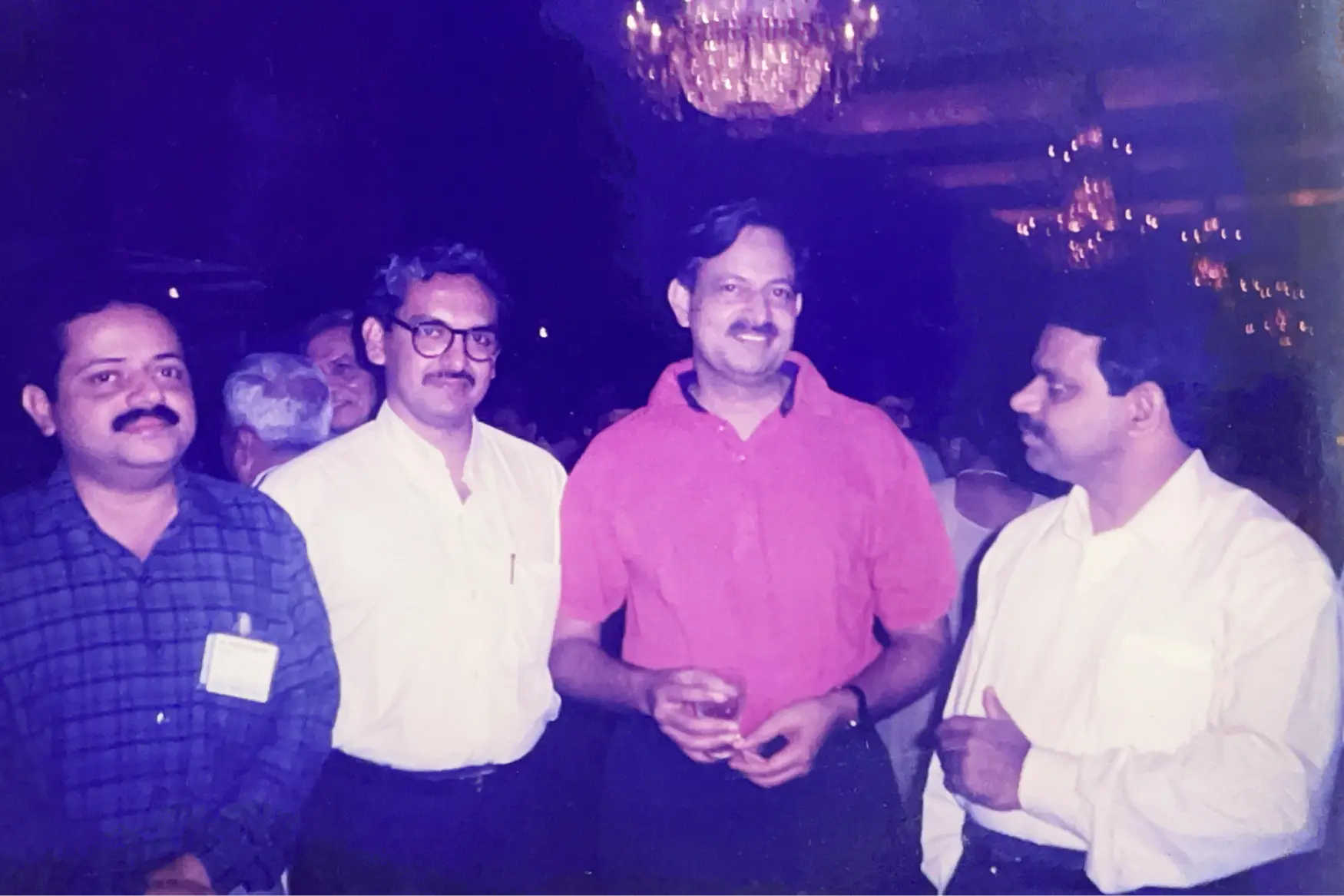
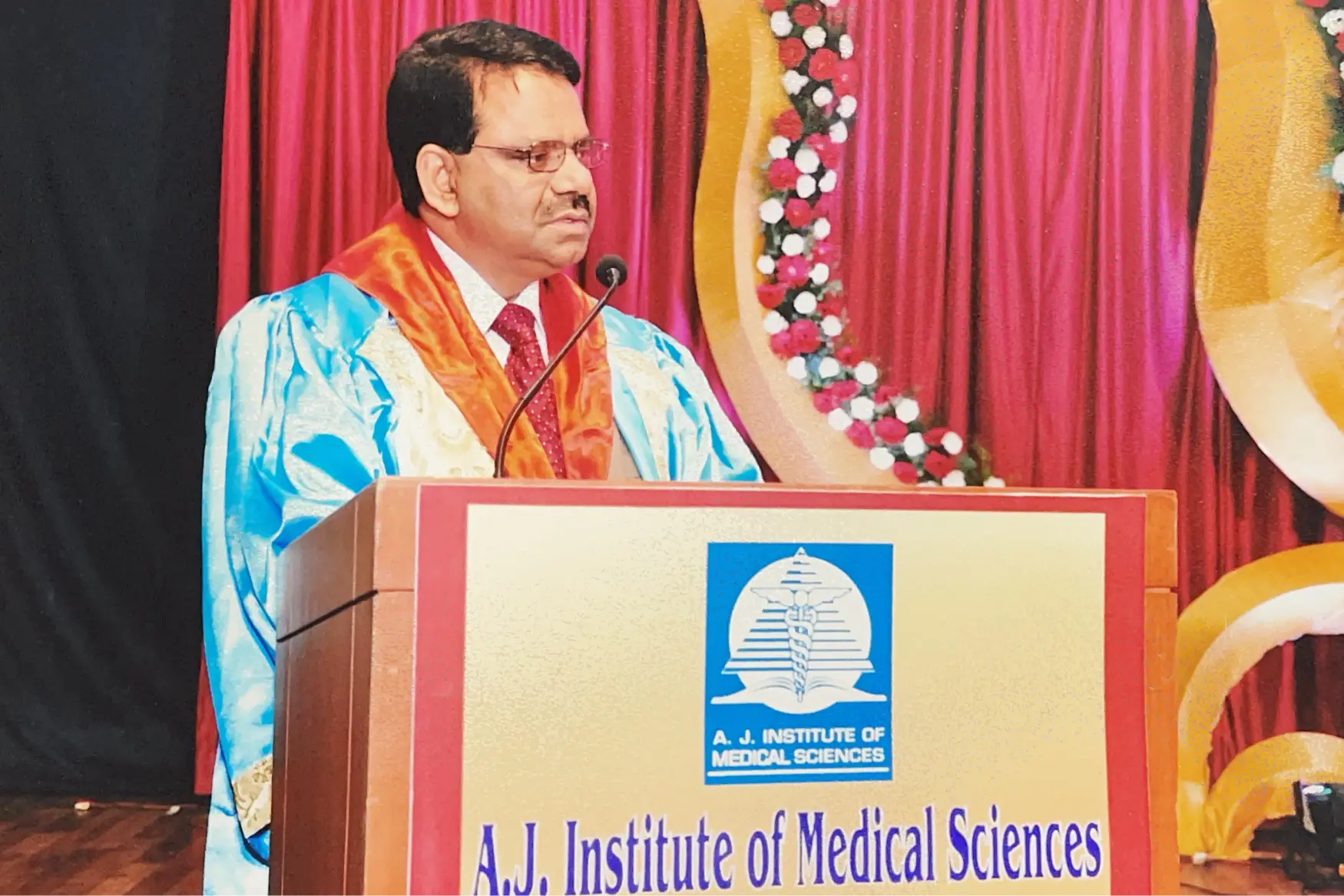
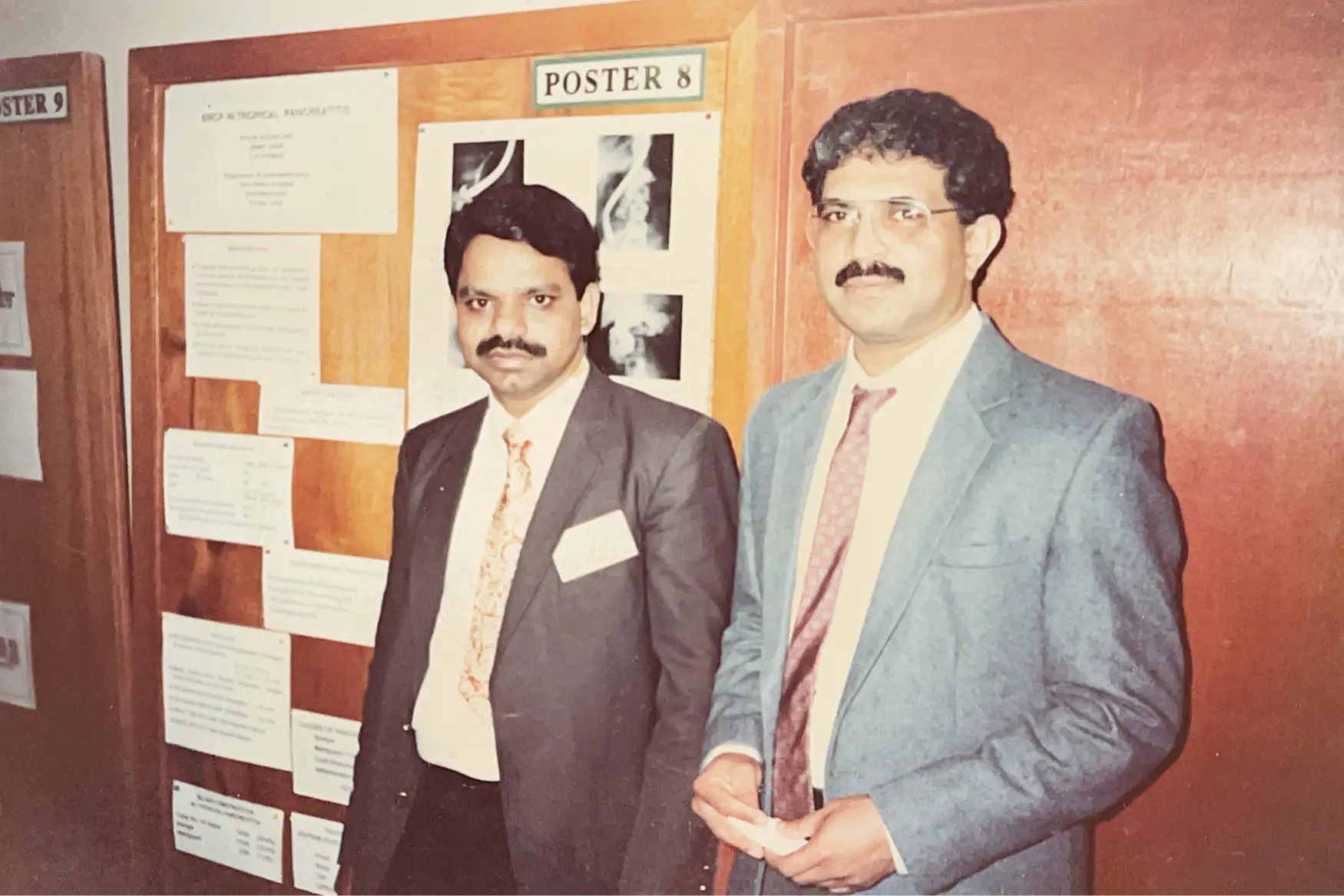
Embark on a remarkable journey through the life and career of Dr. Philip Augustine, a visionary in the field of gastroenterology. From his formative years as a medical student with a fervent interest in digestive health to his emergence as a pioneering figure in the medical community, Dr. Augustine’s journey is one of relentless dedication and innovation. Through his tireless efforts and unwavering commitment to excellence, he has revolutionized gastrointestinal care, leaving an indelible mark on the landscape of modern medicine.
Dr. Philip Augustine started his clinical practice after post graduation in Medicine from the AIIMS, New Delhi in a rural set up at the Deva Matha Hospital, Koothattukulam, Ernakulam District, Kerala. With the sound background in clinical and academic medicine from the Kottayam Medical College and AIIMS, New Delhi I could establish a popular and scientific medical practice in this rural area of Kerala, in my capacity of Medical Director & Chief of Medicine. In the 4½ years of work there I could bring up the 75-bedded general hospital to a 350-bed facility with all basic facilities needed for the 50,000 population in the area. Also major medical problems were referred to the Deva Matha Hospital during that period. During this stint as a Physician gave me an insight into the magnitude of the Gastrointestinal diseases in Kerala and hence convinced me the need for further specialization in Gastroenterology. This was a period (the 1970’s & 80’s) when technological advances in Medicine in the form of endoscopy, ultrasound scan and computerized tomography (CT) scan gave a major fillip to the scientific practice of Gastroenterology. Hence I decided to specialize in Gastroenterology and joined the prestigious PGIMER, Chandigarh for the DM course in 1980. After completing the 2-year postdoctoral programme I returned to the same institution in Koothattukulam in 1982 and established the first private sector Gastroenterology unit in Kerala. In the next 10 years till 1992 I could bring up a comprehensive Gastroenterology unit at the Deva Matha Hospital with a major endoscopy and surgical set up. The small town of Koothattukulam found a place in the Gastroenterology world literature by our publications in Tropical Pancreatitis – an enigmatic medical problem with the highest world incidence in Kerala. With the help of the Welcomme Trust, London and in association with the Endocrinology Department of All India Institute of Medical Sciences, a door to door survey of tropical pancreatitis and diabetes in Kerala was conducted by my team in the Bharananganam Panchayat of Meenachil Taluk, Kottayam District. A prevalence of tropical pancreatitis of 4 per 1000 and an incidence of diabetes of 4% in rural Kerala were detected in the survey. We also reported for the first time in India the occurrence of Recurrent Pyogenic Cholangites (RPC) also known as Oriental Cholangiopathy. While in Koothattukulam, I could also spread the message of modern Gastroenterology practice through out the length and breadth of Kerala through the various Indian Medical Association (IMA) and Association of Physicians of India (API) state forums. I held official positions in IMA as the Muvattupuzha Branch President and in API as its state Vice President during this time. Through his tireless efforts and unwavering commitment to excellence, he has revolutionized gastrointestinal care, leaving an indelible mark on the landscape of modern medicine in the country.

